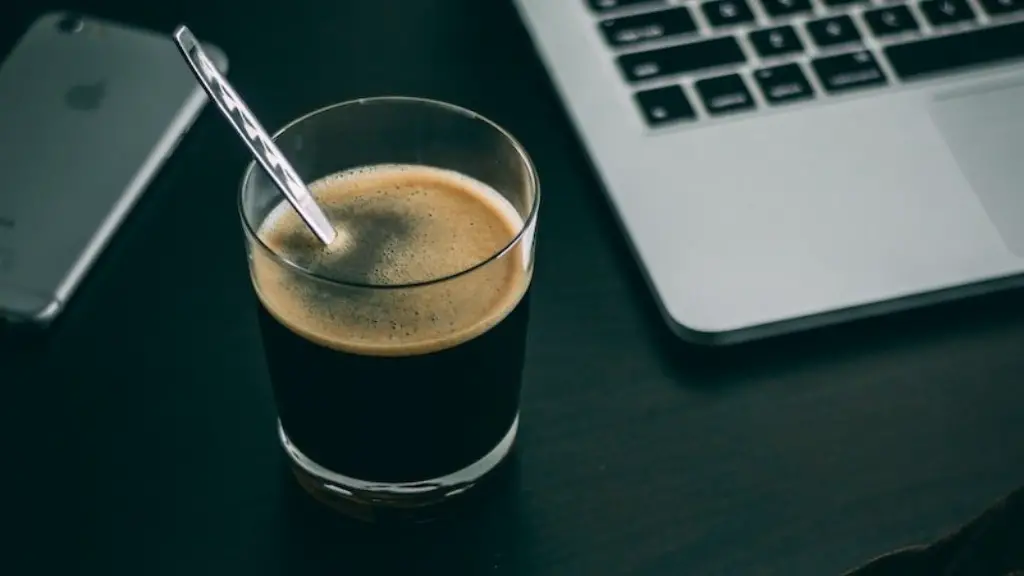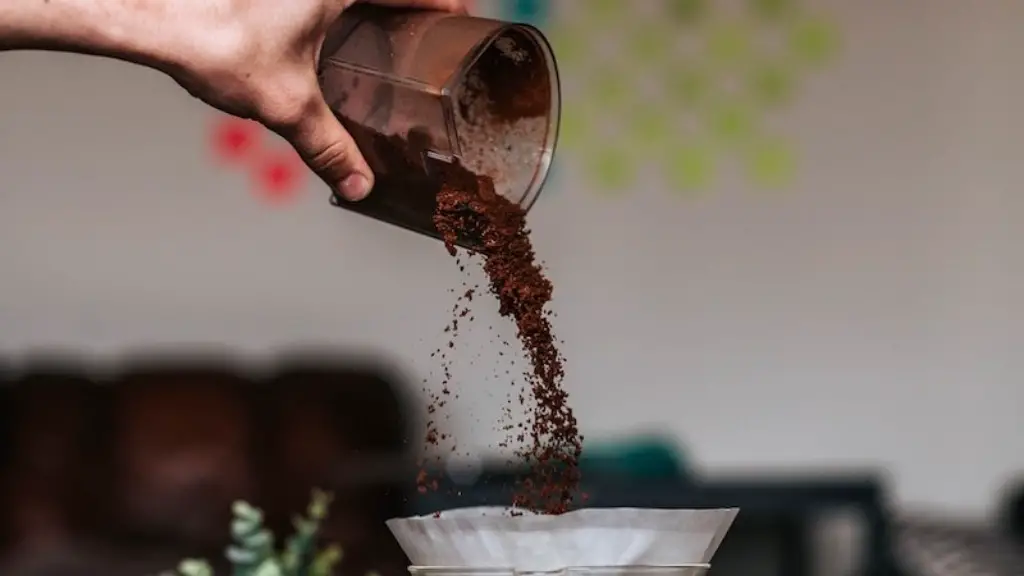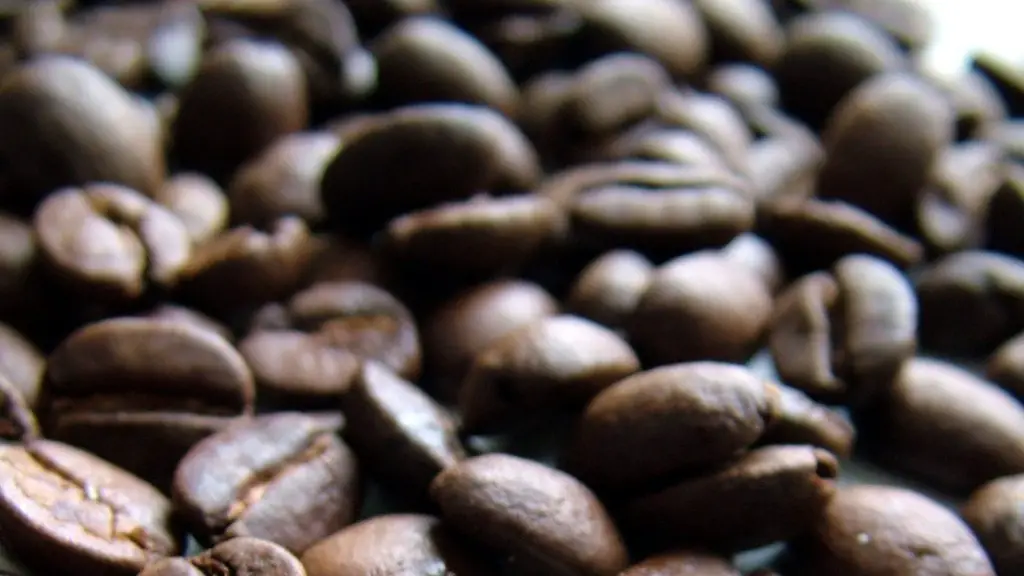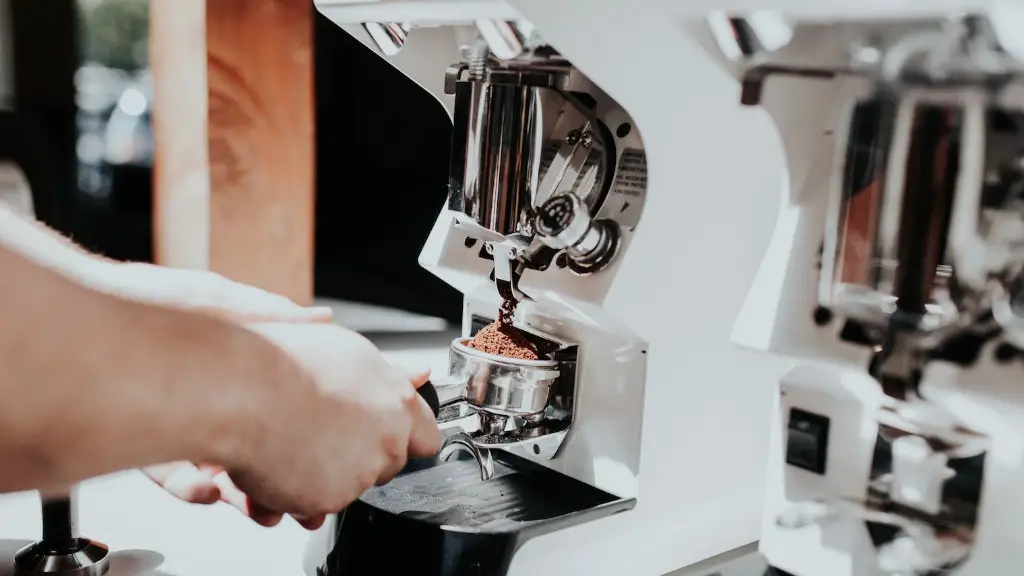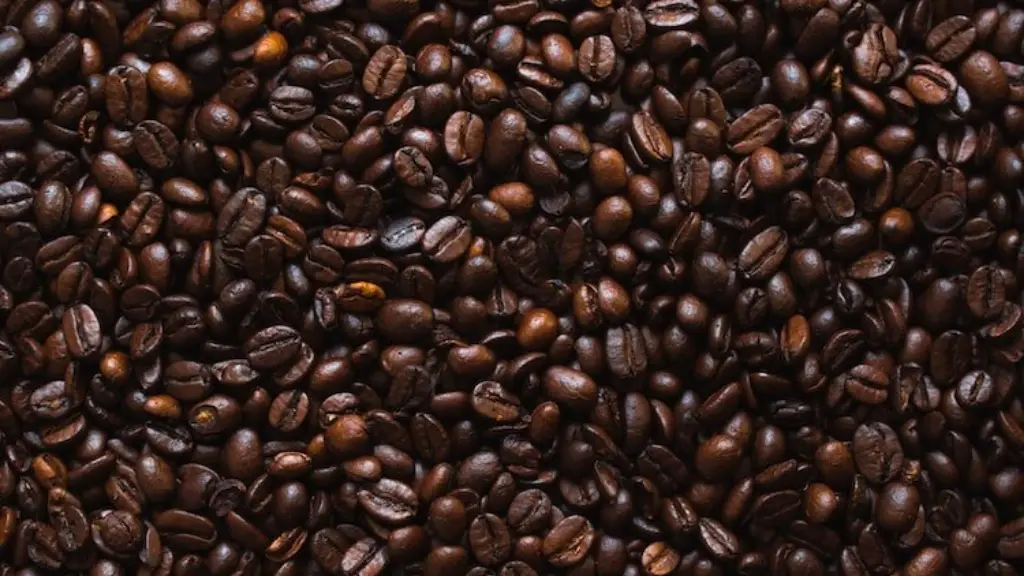When it comes to fasting for blood work, coffee is not the first thing that comes to people’s minds. But is coffee allowed during fasting? Whether the coffee you’re drinking is brewed or espresso, the answer is not a simple yes or no. It depends on the type of medical evaluation that is being run. In this article, we’ll look at how coffee affects fasting and discuss whether you can safely drink coffee while fasting for blood work.
When it comes to fasting, keeping track of what you consume is key. Any food or beverage that contains calories or nutrition, such as coffee, will break your fasting. For blood work, fasting is typically 12 or more hours before the blood sample is taken. During that time, it’s important to avoid eating or drinking anything except water.
Coffee itself does not contain any calories or nutrition, but the milk and sugar you may add to your cup can break your fast. If you’re using a store-bought powder mix, it likely contains sugar and other ingredients. Even if you’re just adding milk to your coffee, it will still break your fast.
If you’re in doubt about your coffee, a good rule of thumb is to avoid it while fasting. This is especially true if your blood work is to measure your glucose levels. Caffeine can affect the accuracy of your results, and even decaffeinated coffee can disrupt your fasting.
Even if you choose to drink coffee while fasting, there are a few other key things to keep in mind. Coffee can be dehydrating, which isn’t ideal when you’re fasting for blood work. Dehydration can cause blood volume to drop, which in turn can affect the results of the blood test. It’s important to stay hydrated when you’re fasting, so be sure to drink plenty of water.
Additionally, it’s important to be mindful of the quantity of coffee you’re consuming. Drinking too much coffee can cause you to feel jittery and can affect the accuracy of your results. It’s also a good idea to avoid adding any sweeteners or milk to your coffee to keep it as plain as possible.
In summary, while it is possible to drink coffee while fasting for blood work, it’s important to be mindful of how much you’re drinking and what ingredients you’re adding to it. It’s usually best to avoid it altogether, as coffee can disrupt your fasting and affect the accuracy of your results.
Alternatives to Coffee during Fasting
Although your options are limited during fasting, there are still a few drinks you can enjoy while keeping your fast intact. Herbal teas, such as green tea and chamomile, contain antioxidants and can offer a little bit of flavor without breaking your fast.
It’s also a good idea to sip on water throughout the day to prevent dehydration. If you’re finding it hard to stay away from sugary drinks or coffee, try adding a few slices of lemon or lime to your glass of water. This can give it a subtle hint of flavor without breaking your fast.
There are also other healthy alternatives to coffee. For instance, if you’re feeling sluggish before your blood work, you can try drinking a cup of green tea or a small smoothie to boost your energy. Similarly, if you’re feeling hungry during your fasting period, a cup of broth or bone broth can help to fill your stomach without breaking your fast.
Tips for an Easier Fasting
Fasting for 12 hours can be difficult, especially if you’re accustomed to having breakfast every morning. There are a few tips you can follow to make the process easier and more enjoyable.
First and foremost, it’s important to stay hydrated. Drink plenty of water throughout the day and add a little bit of flavor with slices of lemon or lime. If you need something a little bit more exciting, try sipping on a cup of herbal tea, such as green tea or chamomile.
To ward off hunger, you can snack on low-calorie foods, such as a handful of nuts or an apple. If you’re feeling more than just a little bit hungry, it’s ok to have a bowl of broth or bone broth. This can help to fill your stomach without breaking your fast.
It can also help to distract yourself with activities that keep your mind and body occupied. Try going for a walk or reading a book to pass the time and keep your mind off food. This can help to make your fast more manageable and can even help take your mind off of your hunger.
The Benefits of Coffee
Although it’s best to avoid coffee when fasting for blood work, the beverage has a long list of significant health benefits. Coffee is rich in antioxidants, and studies have linked it to a reduced risk of heart disease, type 2 diabetes, and even Parkinson’s Disease.
Coffee can also be a helpful performance booster, as it contains caffeine which can help you to stay alert and focused throughout the day. It can also give your metabolism a boost, which can help you to burn calories more efficiently.
If you’re going to drink coffee while fasting, it’s important to consume it in moderation. Studies have shown that drinking up to 4 cups of coffee per day can be beneficial, but drinking more than that can be counterproductive. Caffeine is a powerful stimulant and too much of it can leave you feeling jittery and anxious.
How Coffee Affects Blood Test Results
Caffeine can have a powerful effect on your body, and can even affect the results of a blood test. Drinking coffee can cause your heart rate and blood pressure to increase, and can also affect the accuracy of tests such as glucose tests.
Caffeine can also interfere with liver enzymes, which means that your blood sample could show an inaccurate measurement of whether your liver is functioning correctly. Similarly, coffee can also affect kidney enzymes, which means that your blood sample could show an inaccurate reading of how your kidneys are functioning.
It’s important to bear this in mind when you’re fasting for blood work. If you decide to drink coffee while fasting, keep your consumption in moderation. Pay attention to how your coffee is impacting your body, and make sure you’re staying hydrated throughout the process.
Conclusion
Whether you decide to drink coffee while fasting for blood work is ultimately up to you. It’s important to be aware of how the beverage can affect your body and the accuracy of your results. If in doubt, it’s usually best to opt for water or herbal tea to stay in line with your fasting instructions.
